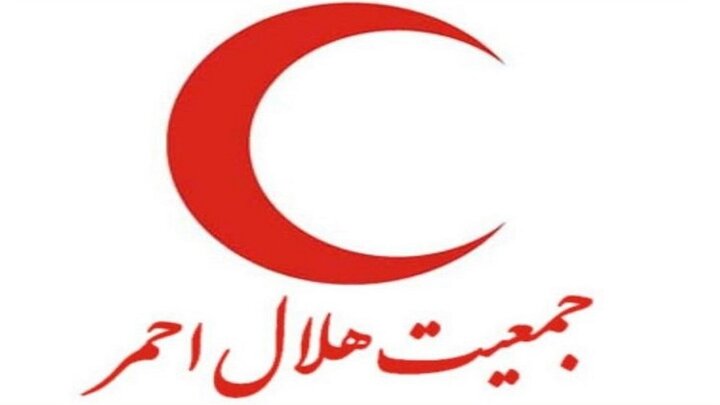Kolivand emphasized the IRCS's ongoing support for refugees and its commitment to implementing activities on their behalf. He noted that international institutions often have a political approach towards refugees and immigrants, lacking a fair perspective on the matter.
During the meeting, the officials discussed the global challenges faced by refugees. Kolivand highlighted Iran's efforts, particularly those of the IRCS, in providing exceptional services to refugees and immigrants, using the example of Afghan refugees. He stated that Afghan refugees receive the same level of services as Iranian citizens in areas such as health, treatment, social support, and cultural integration, making Iran's refugee services unparalleled worldwide.
Kolivand emphasized that these services are provided solely from a humanitarian perspective, without any expectations in return. He contrasted this with other countries that receive substantial funds from international organizations but fail to offer equivalent services to refugees.
Veerassamy expressed gratitude for the services provided to Afghan refugees and acknowledged that Iran hosts millions of immigrants and refugees. Despite the challenges involved in managing and organizing such a large population of foreign nationals, Iran ensures that immigrants are well-treated within its borders.
In a recent statement, an official emphasized the collaboration between the International Organization of Migration (IOM) and the Iranian Red Crescent Society (IRCS) due to their shared objectives. The aim is to alleviate the suffering and hardships faced by refugees through favorable cooperation.
Furthermore, the official stated that Iran is committed to showcasing its exceptional services for refugees to the international community. By doing so, Iran aims to position itself as a leading and successful country in managing immigrant populations.
Official statistics reveal that approximately five million Afghan nationals currently reside in Iran, with one million concentrated in the Khorasan Razavi province, particularly in Mashhad, the capital city.
Iran has long been a host to one of the world's largest and most enduring refugee situations, primarily accommodating refugees from Afghanistan. The recent developments in Afghanistan have the potential to cause further population movements, leading to internal displacement and a potential influx of refugees seeking sanctuary in neighboring countries.
Iran is currently home to over 800,000 registered refugees and an estimated 2.6 million undocumented Afghans. Notably, more than 500,000 Afghan children, including both undocumented individuals and recent arrivals, are benefiting from Iran's progressive inclusive education policies, which are considered among the most advanced globally.
Despite facing sanctions and economic pressures, Iran continues to pursue a comprehensive policy of providing services to refugees. This commitment has garnered appreciation from the United Nations High Commissioner for Refugees (UNHCR), as stated by Inna Gladkova, UNHCR's Officer in Charge, in November 2022.
Gladkova emphasized that granting refugees access to schools and education, similar to Iranian nationals, is crucial for their successful integration and serves as the most stable support system.


Your Comment